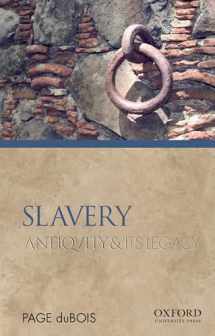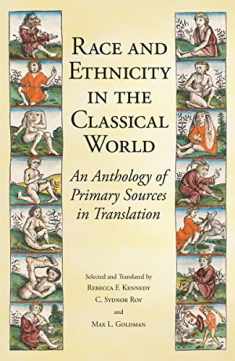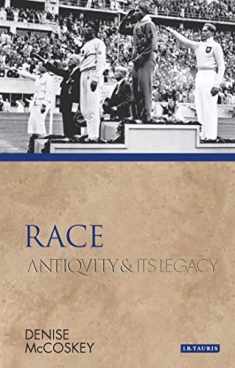
Slavery: Antiquity and Its Legacy (Ancients & Moderns)
Book details
Summary
Description
"Life, liberty and the pursuit of happiness" is perhaps the most famous phrase of all in the American Declaration of Independence. Thomas Jefferson's momentous words are closely related to the French concept of "libert�, �galit�, fraternity�"; and both ideas incarnate a notion of freedom as inalienable human right that in the modern world we expect to take for granted. In the ancient world, by contrast, the concepts of freedom and equality had little purchase. Athenians, Spartans and Romans all possessed slaves or helots (unfree bondsmen), and society was unequal at every stratum. Why, then, if modern society abominates slavery, does what antiquity thought about serfdom matter today?
Page duBois shows that slavery, far from being extinct, is alive and well in the contemporary era. Slaves are associated not just with the Colosseum of ancient Rome, and films depicting ancient slaves, but also with Californian labor factories and south Asian sweatshops, while young women and children appear increasingly vulnerable to sexual trafficking. Juxtaposing such modern experiences of bondage (economic or sexual) with slavery in antiquity, the author explores the writings on the subject of Aristotle, Plautus, Terence and Aristophanes. She also examines the case of Spartacus, famous leader of a Roman slave rebellion, and relates ancient notions of liberation to the all-too-common immigrant experience of enslavement to a globalized world of rampant corporatism and exploitative capitalism.


We would LOVE it if you could help us and other readers by reviewing the book
Book review




